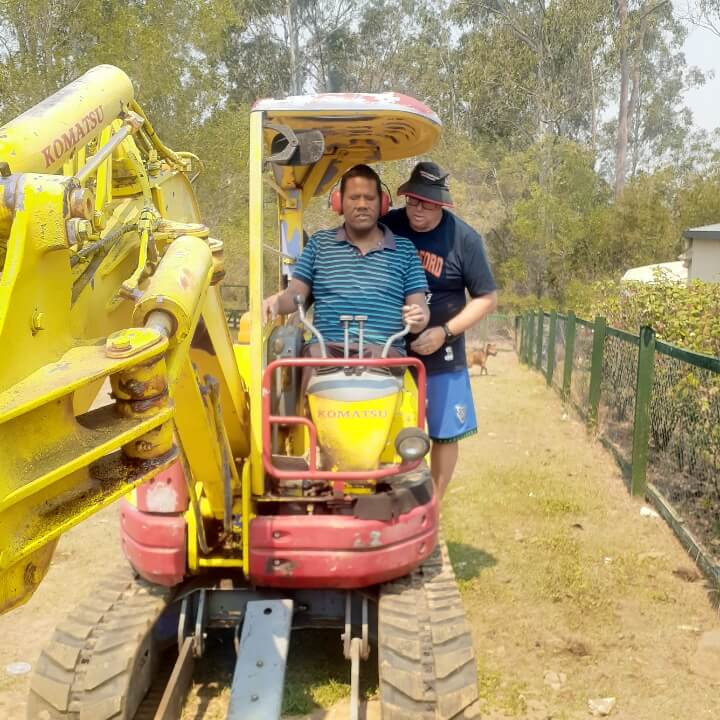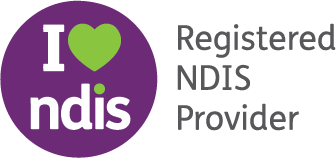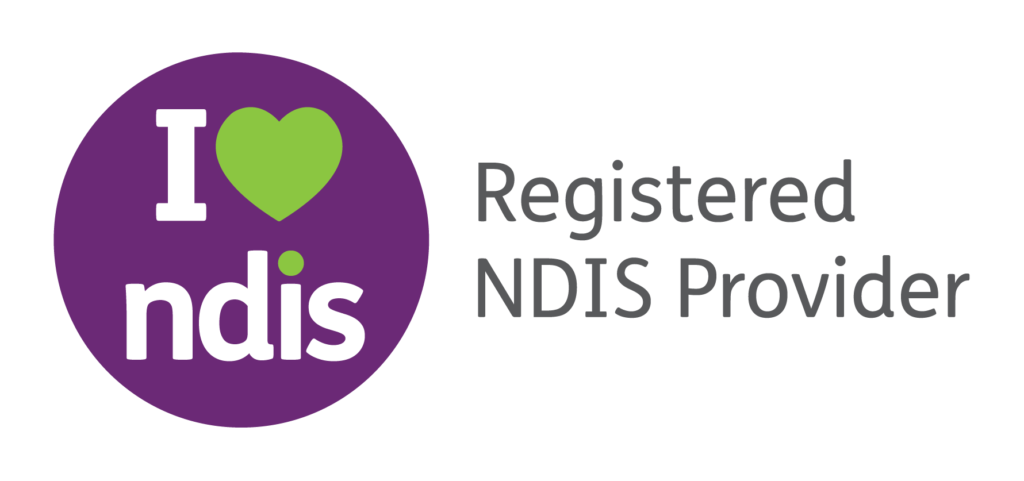Community Access
Empowering Individuals Through Community Access
At Direct Community Care, our mission is to empower individuals with disabilities by fostering connections through enriching social experiences and activities. Our Community Access services are designed to enhance the quality of life for NDIS participants by promoting engagement and skill development in a supportive environment.
Social Experiences
& Activities
We offer a variety of social experiences and activities tailored to the interests and needs of our participants. These include:
Sports and Recreation: Engage in team sports, fitness classes, and recreational activities that promote physical health and social interaction.
Day Trips and Getaways: Explore new places and enjoy leisure trips that provide opportunities for relaxation and adventure.
Community Events: Participate in local events and festivals, fostering a sense of belonging and community involvement.


Skill Development Opportunities
Our Community Access services also focus on developing essential life skills through various classes and workshops:
Cooking Classes: Learn to prepare nutritious meals, enhancing independence and culinary skills.
Job-Skills Training: Gain valuable skills for employment, including resume writing, interview preparation, and workplace etiquette.
Money Management: Develop financial literacy with classes on budgeting, saving, and managing personal finances.
Trauma Informed Care
Trauma Informed Care
It’s not what is wrong with you, it’s what has happened to you
Trauma-Informed Care is about ensuring ALL individuals feel physically and emotionally safe, are noticed and listened to, and are given a voice. Here at DCC we pride ourselves on implementing a Trauma Informed Framework to every element of the organisation and the support we provide. Trauma informed practices rests on the foundation principle of ‘do no harm’.
Trauma-Informed Framework
“Trauma Informed Practice is not about the treatment of trauma or
the symptoms, but rather a recognition that trauma experiences
are a possibility for anyone”
(Kezelman & Stavropoulos, 2012)
What does this mean for you?
In short it means we understand that trauma can impact everyday living and can make experiencing life and certain situations hard. Sometimes trauma can lead to a person having a disability and many people who have a disability are more susceptible to experiencing trauma. In Australia, a person with a disability is twice as likely to experience violence as people without a disability (Sutherland,
Kavanagh, Llewellyn, Byars, Krniacki & Hargrave, 2020).
We want to work with you to understand your trauma and respond therapeutically, using the five trauma informed principles:
- Safety – creating areas that are calm and comfortable
- Choice – providing you with options around your care
- Empowerment – noticing your strengths and capabilities
- Collaboration – making decisions together
- Transparency and Trustworthiness – providing clear and consistent information
It is imperative to recognise and understand the signs of distress, trauma impacts, coping strategies and complex behaviour support needs to support people with disability to recover from trauma .We know that changed behaviour means there is something that is worrying you and we work to understand what that is for you. This means we can adapt how we interact with you to best support you to feel safe, valued and heard.
Personalised & Flexible Support
Building Meaningful Relationships
Accessing
Our Services
If you or a loved one is in need of disability care, Direct Community Care is here to help. Our services are available through self-referral or third-party referral, making it easy for everyone to access the care they need. Contact us to learn more about our wide range of services.
Join the Community
Reach out today for a chat regarding your support needs.



